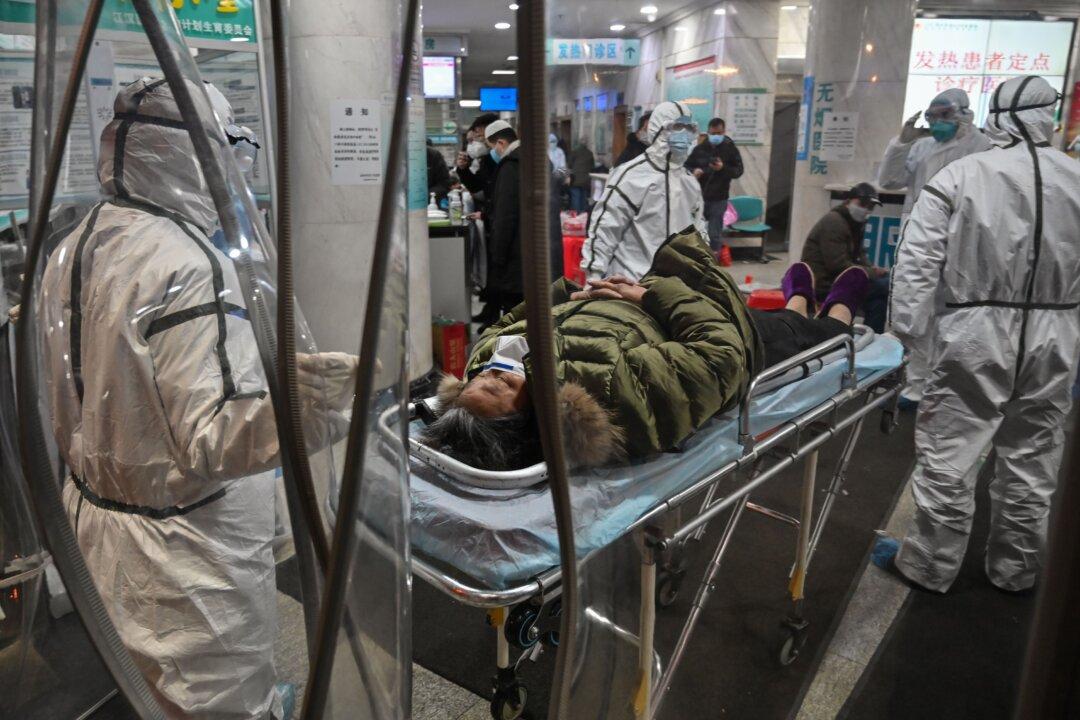Workers at crematoriums in Wuhan City, the epicenter of the coronavirus outbreak, say their workload has increased dramatically in recent days, as they constantly transfer the bodies of victims from hospitals and private homes.
In an interview with The Epoch Times, a worker described long working hours to cope with the sudden increase in bodies to be cremated.





